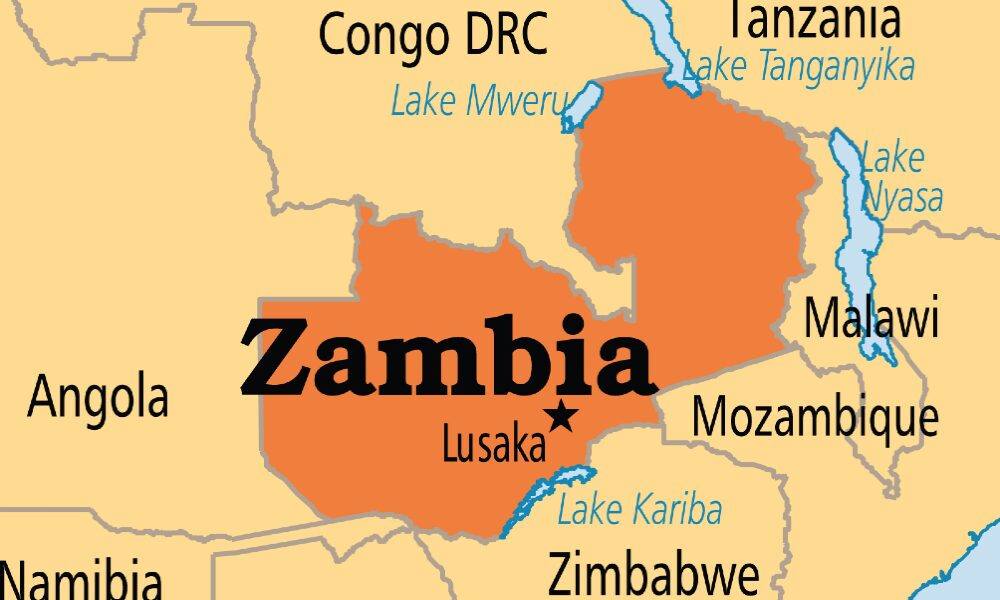
Wednesday 14th May 2025

Par inAfrika Reporter
Africa stands at the threshold of an unprecedented energy opportunity, boasting over 125 billion barrels of proven oil reserves, 620 trillion cubic feet of natural gas, and some of the world’s richest solar resources. Yet despite this abundance, many communities remain in the dark, unable to access reliable power. In Paris, during the Invest in African Energy Forum, experts made a compelling case that innovative financing and regulatory reform can be the catalysts needed to bridge the continent’s energy gap.
Throughout the forum, speakers underscored that attracting capital requires clear, predictable fiscal and regulatory frameworks. Investors cited uncertainty in legal regimes and entrenched red tape as primary obstacles to committing long‐term funding. By overhauling outdated regulations and instituting cost‐reflective tariffs, governments can create an environment where private sector capital flows freely. Such reforms would not only reassure investors but also enable utilities to recover costs, maintain infrastructure, and deliver consistent service to customers.
Panelists highlighted blended finance as a powerful tool to de‐risk projects and leverage limited public funds. By combining concessional grants, guarantees from development finance institutions, and commercial loans, African energy projects can achieve a credit profile attractive to institutional investors. This structure allows governments to stretch their budgets while giving investors the confidence that risks are mitigated. Multilateral partnerships, including those facilitated by the Africa Finance Corporation and the World Bank, have already demonstrated success in mobilizing such blended instruments to scale solar and gas initiatives.
Regional cooperation also emerged as a vital theme. With power demand outpacing supply in many countries, cross‐border interconnectors can pool resources and optimize generation assets. An integrated regional grid not only balances load fluctuations but also creates larger markets that appeal to independent power producers. Forum participants cited the Southern African Power Pool as an example of how shared infrastructure can reduce costs and enhance energy security for multiple nations simultaneously.
Despite these promising frameworks, the technical and financial insolvency of many state‐owned utilities remains a pressing concern. Underinvestment in maintenance and poor billing practices have left utilities unable to meet basic service requirements, deterring private investors. Strengthening governance, enhancing transparency in procurement, and improving operational efficiency are essential steps to restore the credibility of these institutions and pave the way for fruitful public‐private partnerships.
Experts agreed that beyond large‐scale infrastructure, off‐grid and mini‐grid solutions have a critical role in reaching rural communities. Mobile payment platforms and smart metering technologies can facilitate pay‐as‐you‐go models, reducing upfront costs for consumers and ensuring utilities receive timely revenue. By harnessing these digital tools alongside solar home systems, off‑grid actors can electrify villages that traditional extensions cannot serve cost‑effectively.
Throughout the discussions, the need for political will and stakeholder alignment was evident. Energy ministers, regulators, and private‐sector leaders emphasized that sustained commitment to reform rather than one‐off interventions will be the determining factor in turning Africa’s resource wealth into tangible development. Governments must resist populist pressures to keep tariffs artificially low and instead engage citizens in understanding the long‑term benefits of cost‑reflective pricing.
As the forum concluded, participants left Paris armed with a renewed sense of possibility. The convergence of Africa’s resource endowment, growing investor appetite, and innovative financing structures offers a roadmap to transform the continent’s energy landscape. By committing to regulatory overhaul, blended finance models, regional integration, and governance reforms, Africa can illuminate its communities, power its industries, and unlock the prosperity that reliable energy brings.


